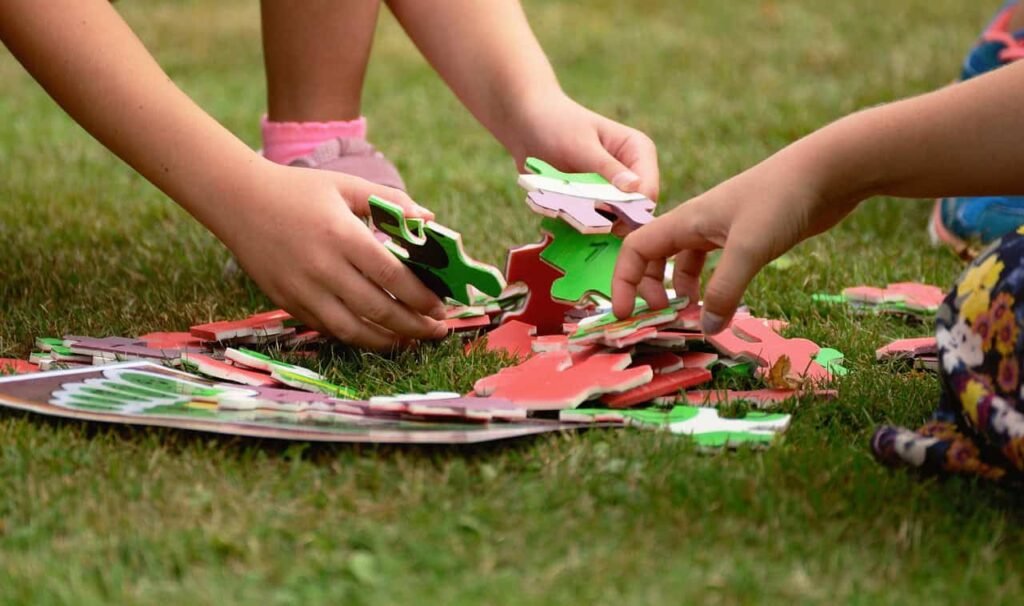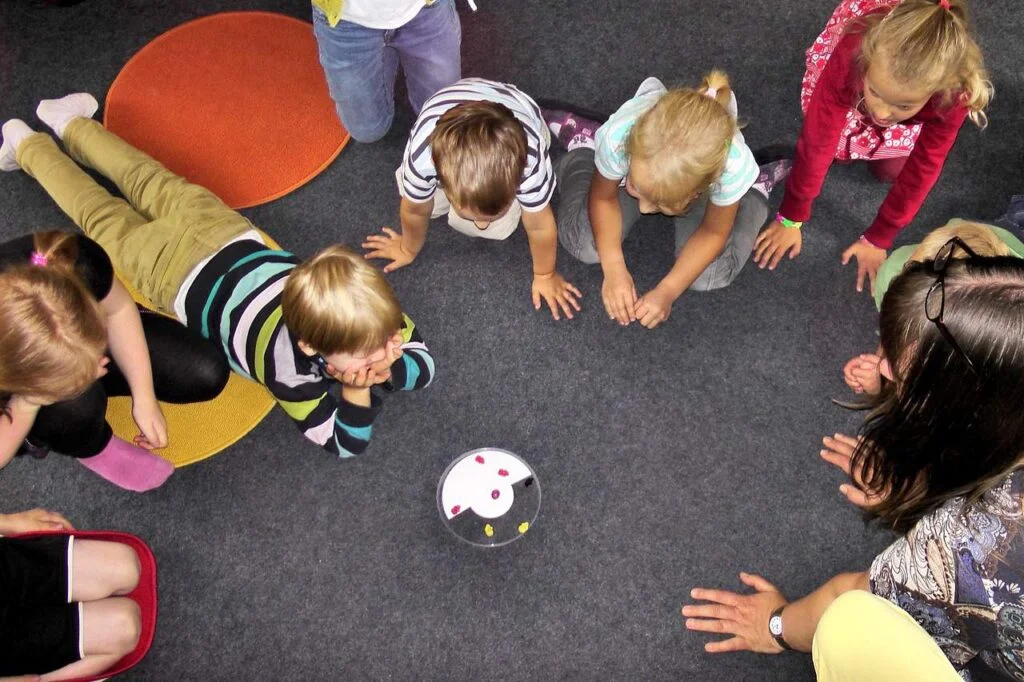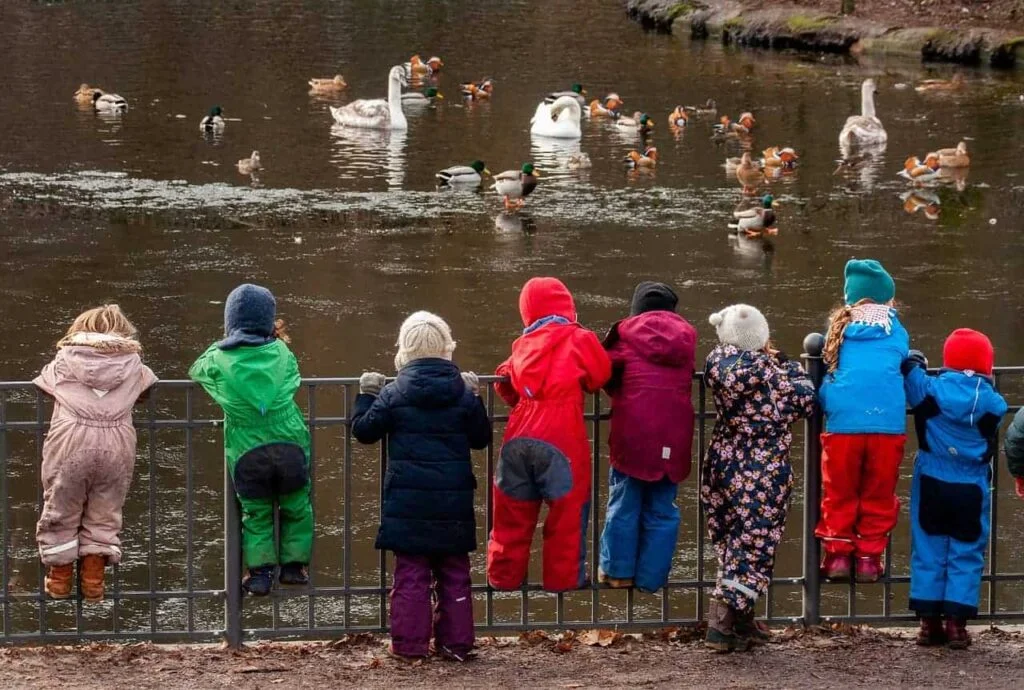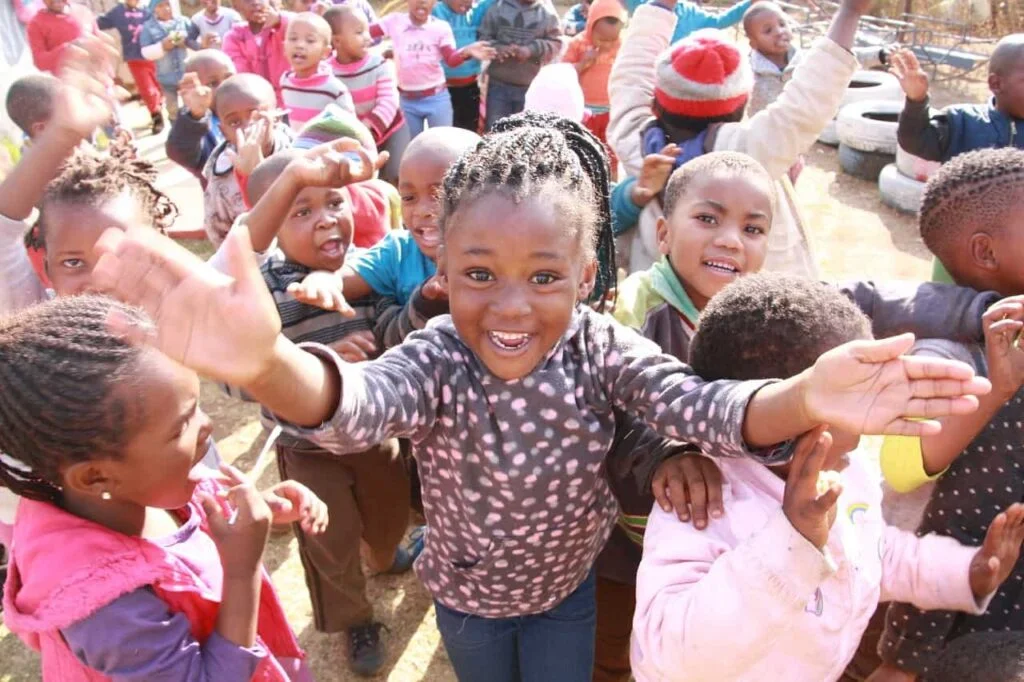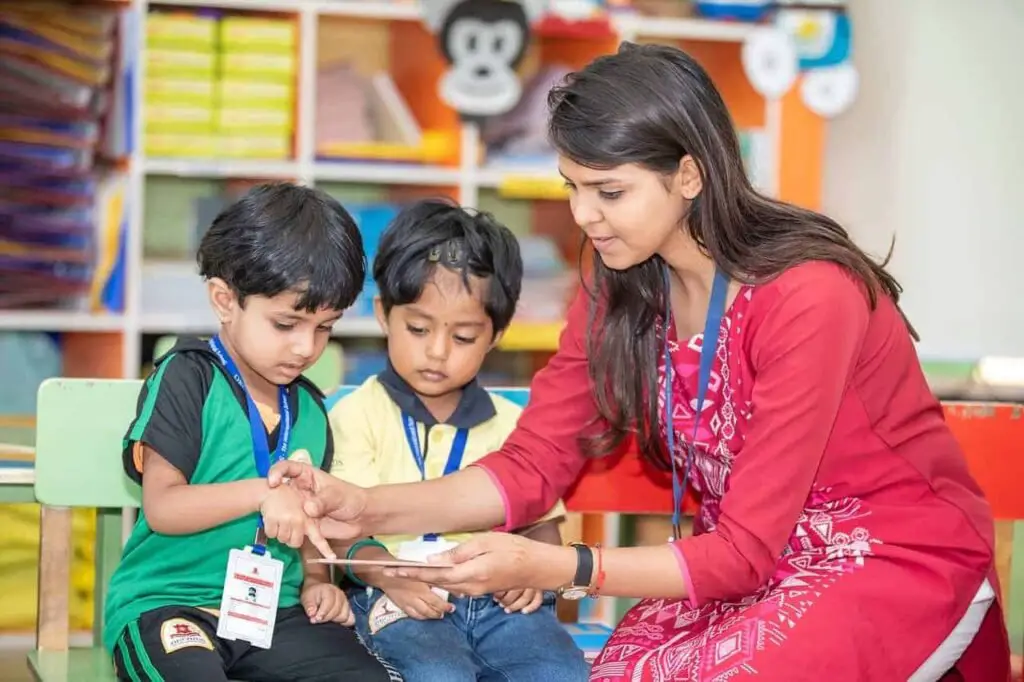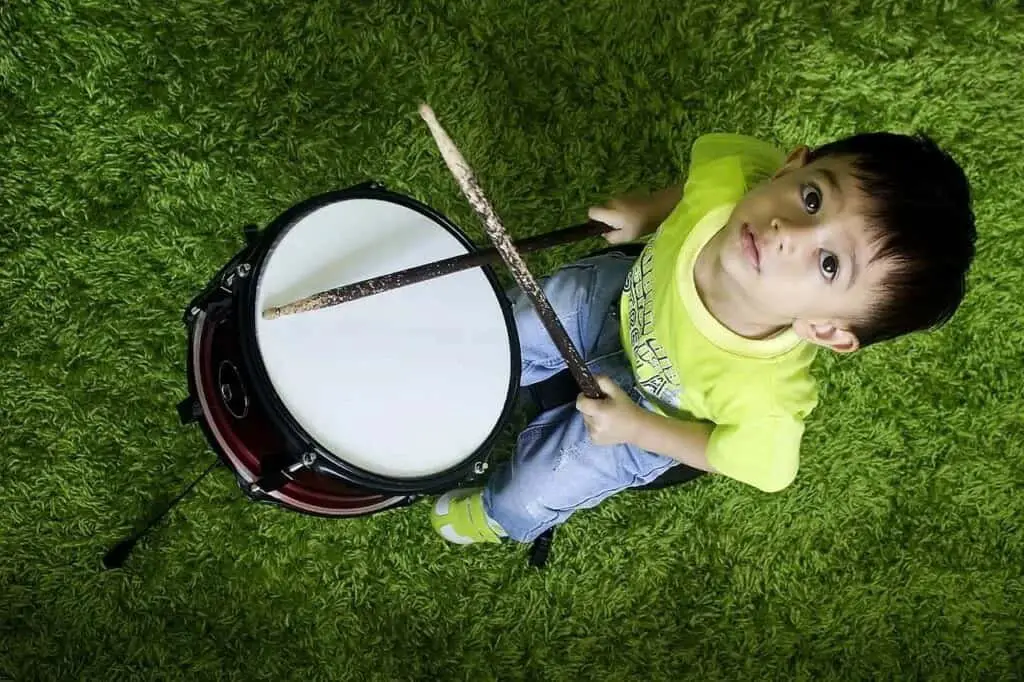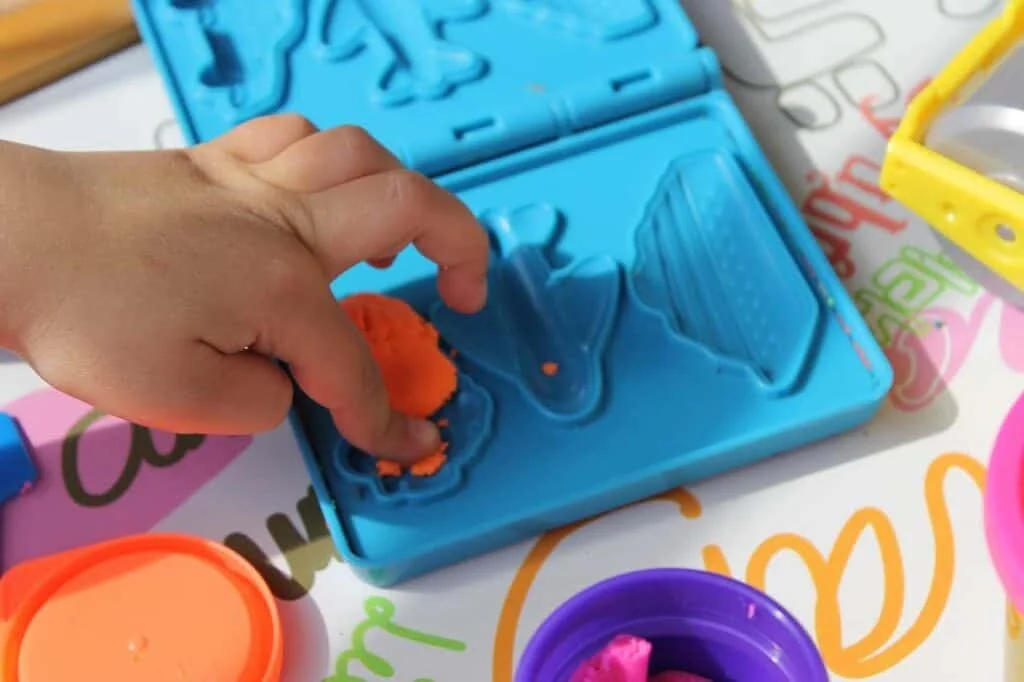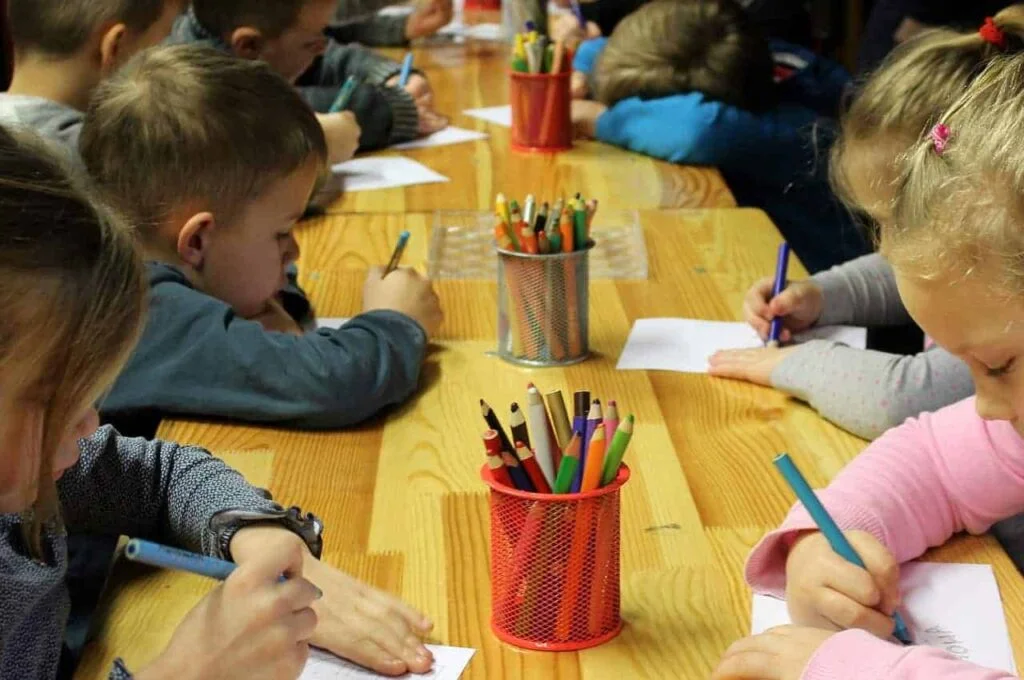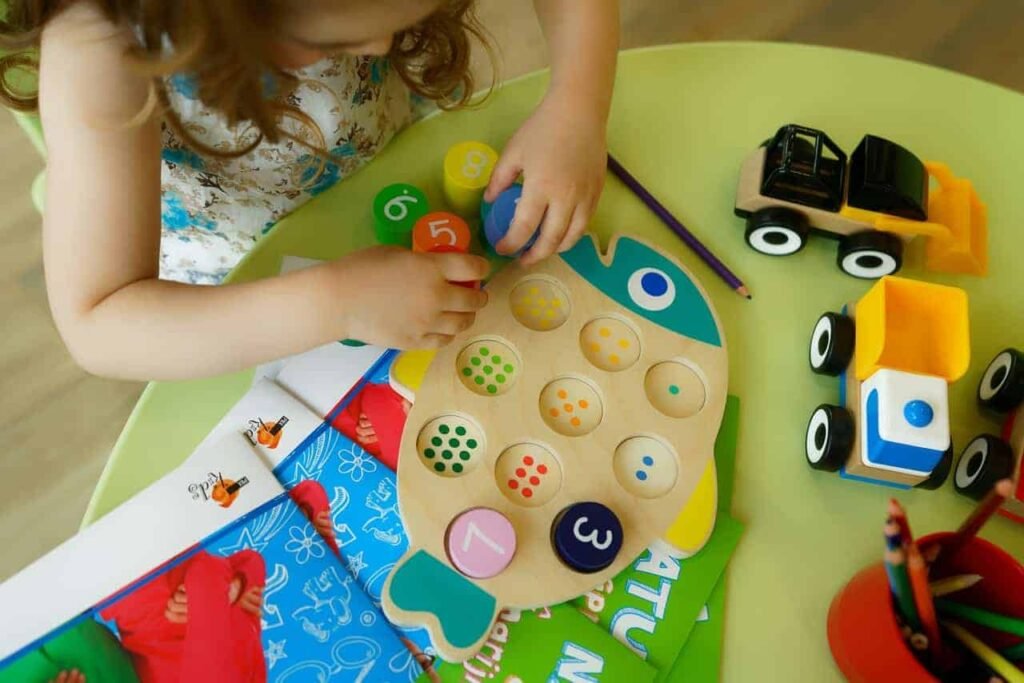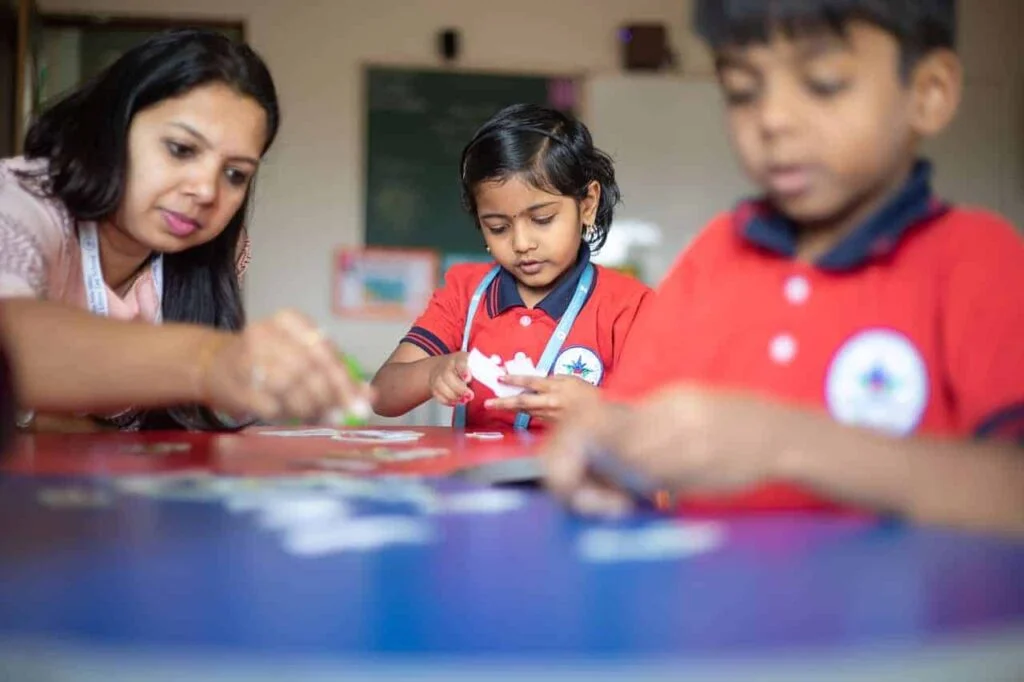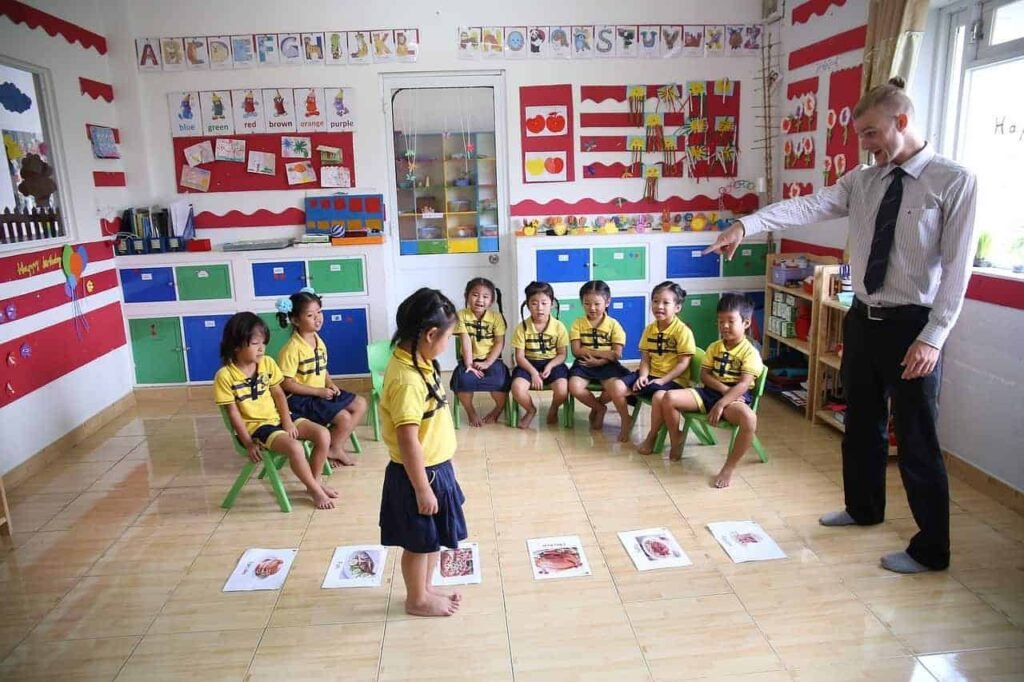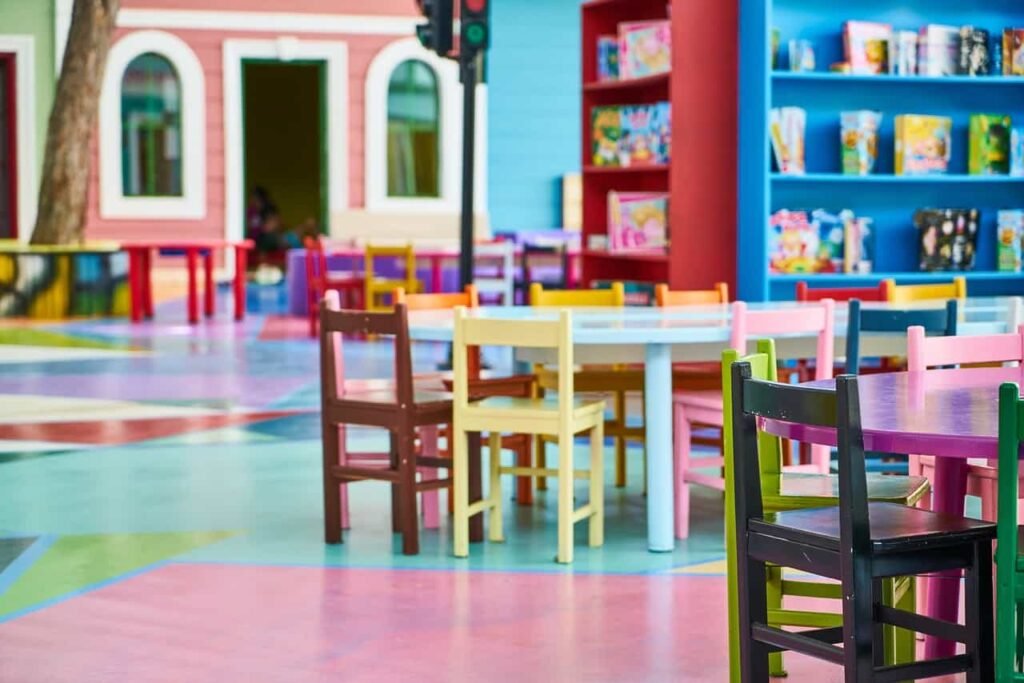5 Amazing Benefits of Jigsaw Puzzles for Kids: Fun & Learning – Combined!
Jigsaw puzzles offer young tender minds a fun and enjoyable way to develop essential abilities during the early years. Apart from building curiosity, promoting creativity, encouraging social engagement, and building self-confidence; the benefits of jigsaw puzzles for kids also include their positive influence on the development of three major domains in young children during their […]
5 Amazing Benefits of Jigsaw Puzzles for Kids: Fun & Learning – Combined! Read More »
